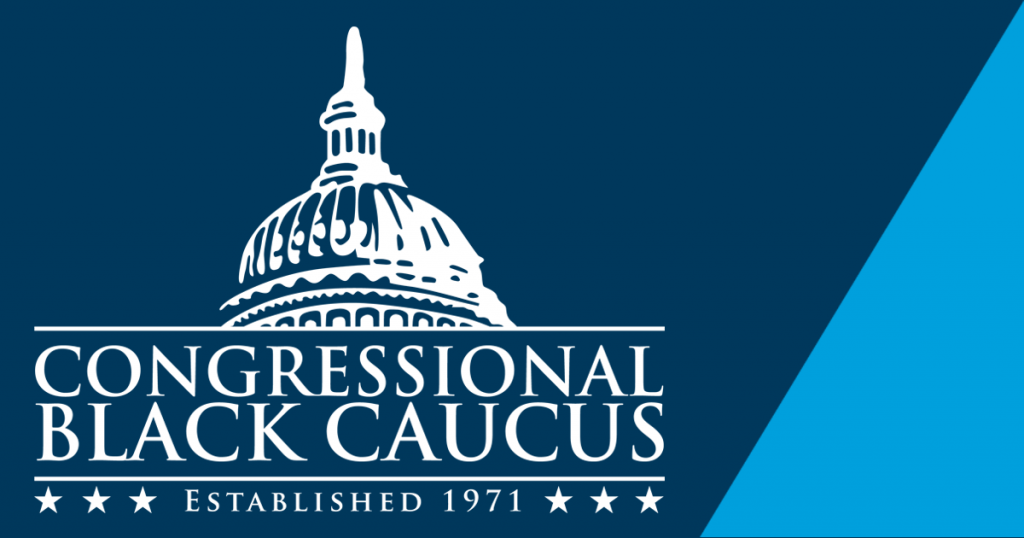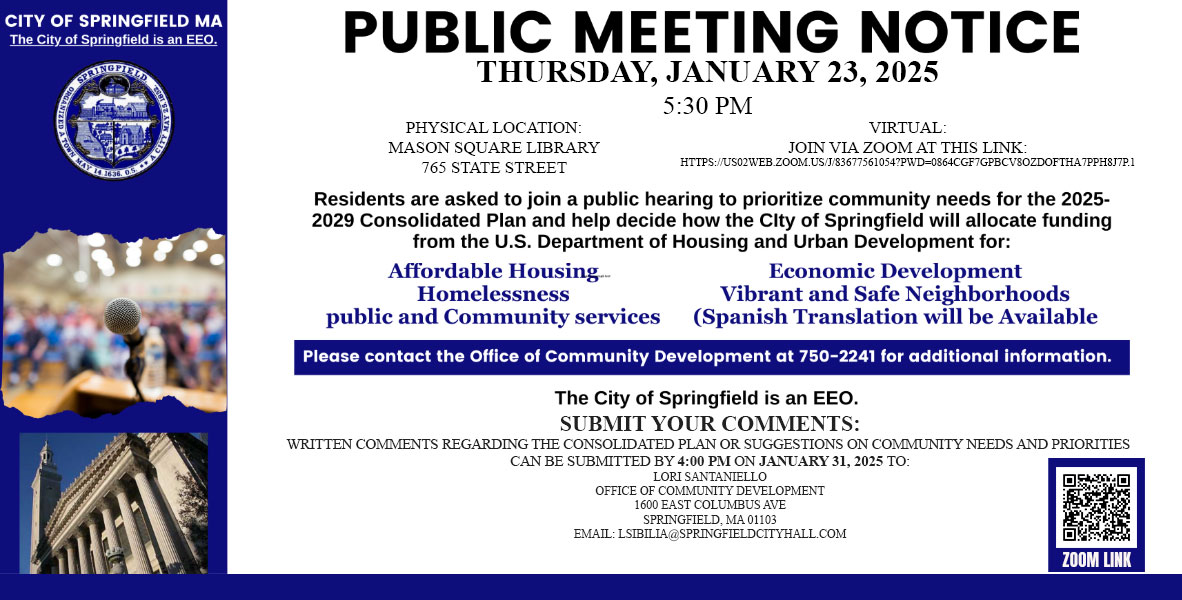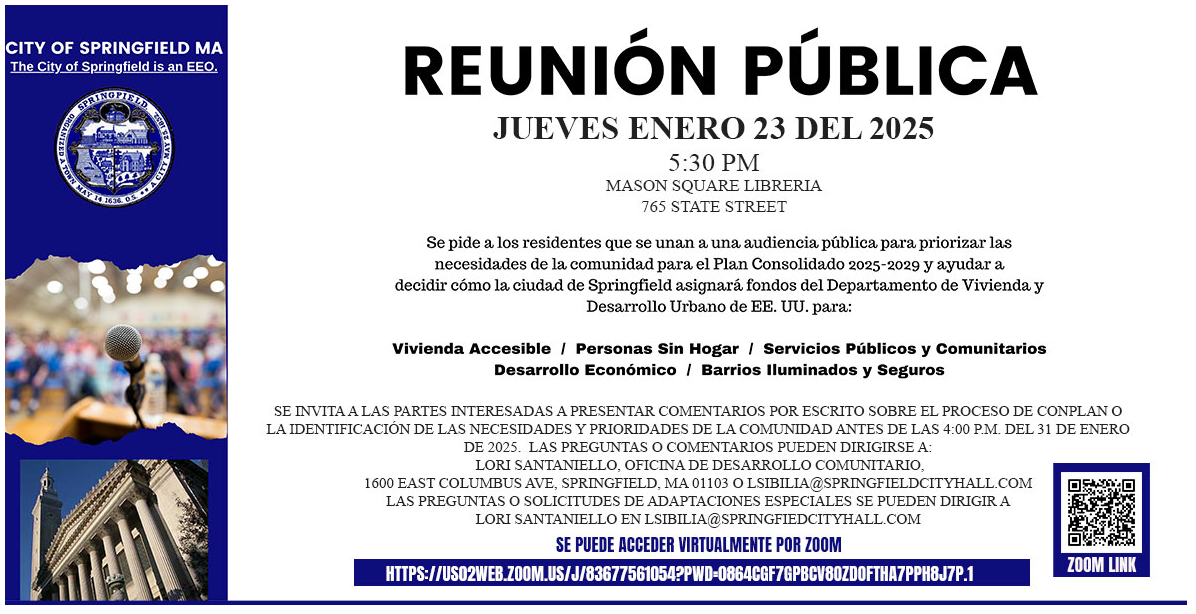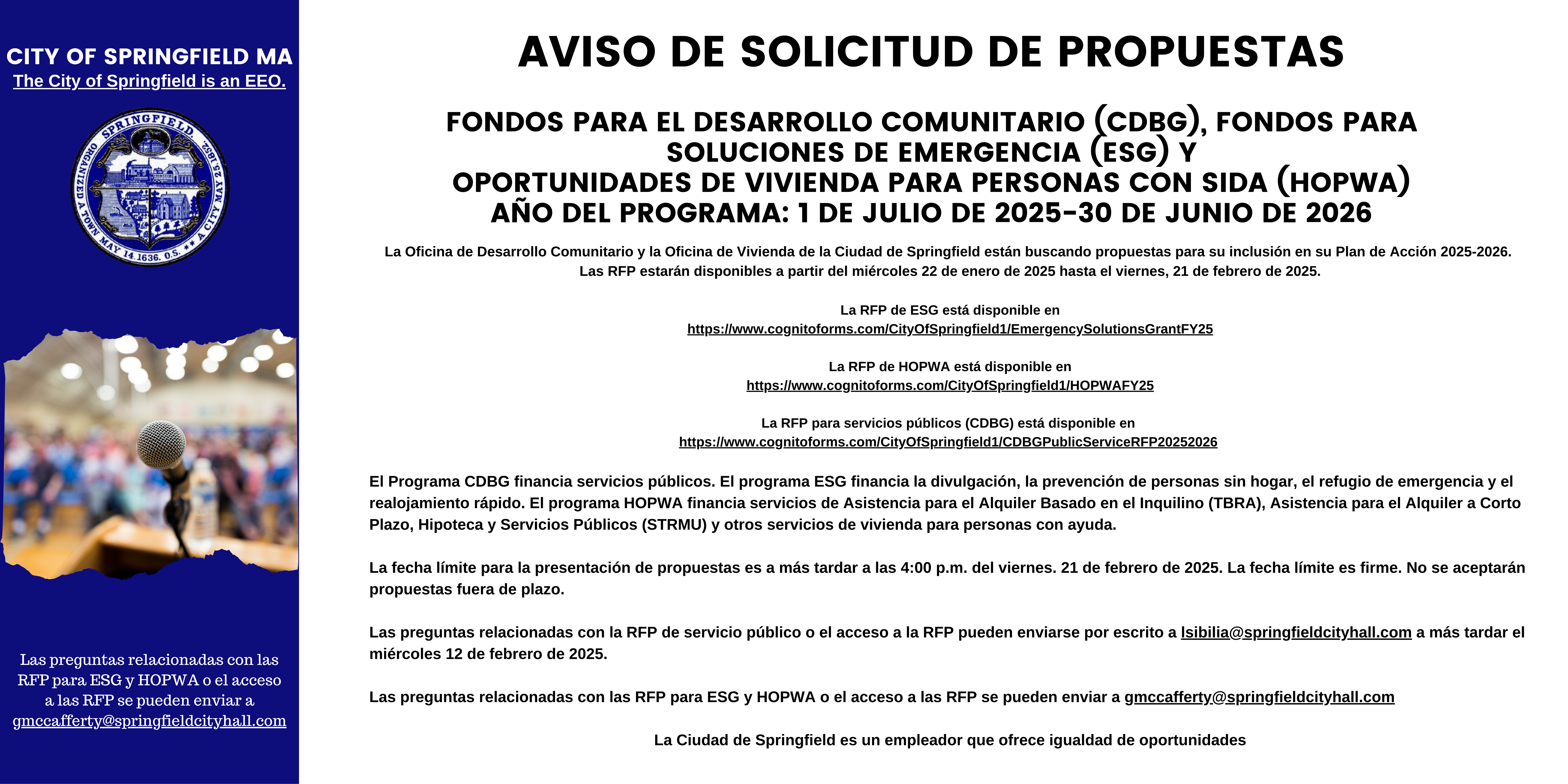
PayPal Holdings, Inc. (NASDAQ: PYPL) and the Congressional Black Caucus Institute (CBCI), in partnership with two historically Black colleges and universities (HBCUs) Dillard University and Wiley College, released new research as part of PayPal’s commitment to advancing racial equity. The white paper, titled “Reducing the Racial Financial Health Gap: The Opportunity for Responsible Fintech,” addresses the importance of financial health in the Black community and the unique role that financial technology (fintech) companies can play in reducing the financial health and wealth gaps.
The paper was funded as part of PayPal’s $535 million commitment announced in June of last year to support Black-owned businesses, strengthen underserved communities and address economic inequality. A critical component of the commitment involves partnering with non-profit and public sector experts to explore the breadth of the racial wealth gap and the potential solutions that the public and private sectors can implement to help close it.
“We all have an opportunity and a responsibility to play a role in addressing the ongoing racial inequities within the U.S. economy and around the world,” said Dan Schulman, president and CEO, PayPal. “We need to work together to ensure that future innovation in the financial services industry is inclusive and accessible to all. We’re proud to partner with the Congressional Black Caucus Institute, Dillard University and Wiley College on releasing this important study and are grateful to the faculty members who guided this effort.”
The paper outlines the history of how gaps in education, income, employment, credit access and banking access, reinforced by racial discrimination, have contributed to both the racial wealth gap and disparities in financial health. It also presents recommendations for how both the private and public sectors can help reduce the financial health gap, including:
Partnering with HBCUs: Today, the nation’s 106 HBCUs make up three percent of America’s colleges and universities, yet they produce almost 20 percent of all Black graduates and 25 percent of Black graduates in the fields of science, technology, engineering and mathematics. Companies should look to partner with HBCUs, particularly those that do not benefit from substantial national attention, not only on recruiting efforts but also on building a financial health curriculum that can aid in narrowing the racial wealth gap.
Developing Inclusive Financial Products: The fintech industry has the opportunity to expand inclusive financial products for people who are credit invisible (those with no credit history or credit report at the national credit bureaus) or have thin or low credit. Whether it is through access to affordable credit, fair and flexible small business lending products or products that help build an individual’s savings, fintech companies have the ability to address systemic barriers to wealth creation for Black and underserved communities.
Pairing Private Sector Innovation with Public Policy: To address systemic issues that have contributed to the racial financial health and wealth gaps, fintech companies should proactively work with government stakeholders to promote the needs of underserved communities to ensure public policy, laws and regulations reflect the changing landscape of financial services and the opportunity they provide to economically empower these populations.
“African Americans still don’t experience the American dream or rights and privileges the same as their white counterparts, thus impeding upward mobility for most African Americans,” said U.S. Rep. Bennie G. Thompson, chairman, CBCI. “In the report, data and research show that Black people have on average higher unemployment rates, lower earnings, lower rates of homeownership and pay more for credit and banking services. This report provides solutions and avenues for financial wellness among African Americans. It is an excellent example of good corporate social responsibility in action.”
“We hope that this report leads to robust conversations among policy makers, and spurs additional academic inquiry,” said Walter M. Kimbrough, president, Dillard University. “Reducing the financial health and wealth gaps must become key priorities for a healthy, increasingly diverse nation.”
“Positively impacting financial health is complex. The way forward requires investigation and commitment to the social good,” said Herman J. Felton Jr., president and CEO, Wiley College. “Our contribution begins with our desire to see change for our communities and willingness to partner for the creation of research that impacts policy. Our report will be an exercise in what we believe is a strengthening of information, an impetus for new dialogues and a centering of the people and our communities.”






